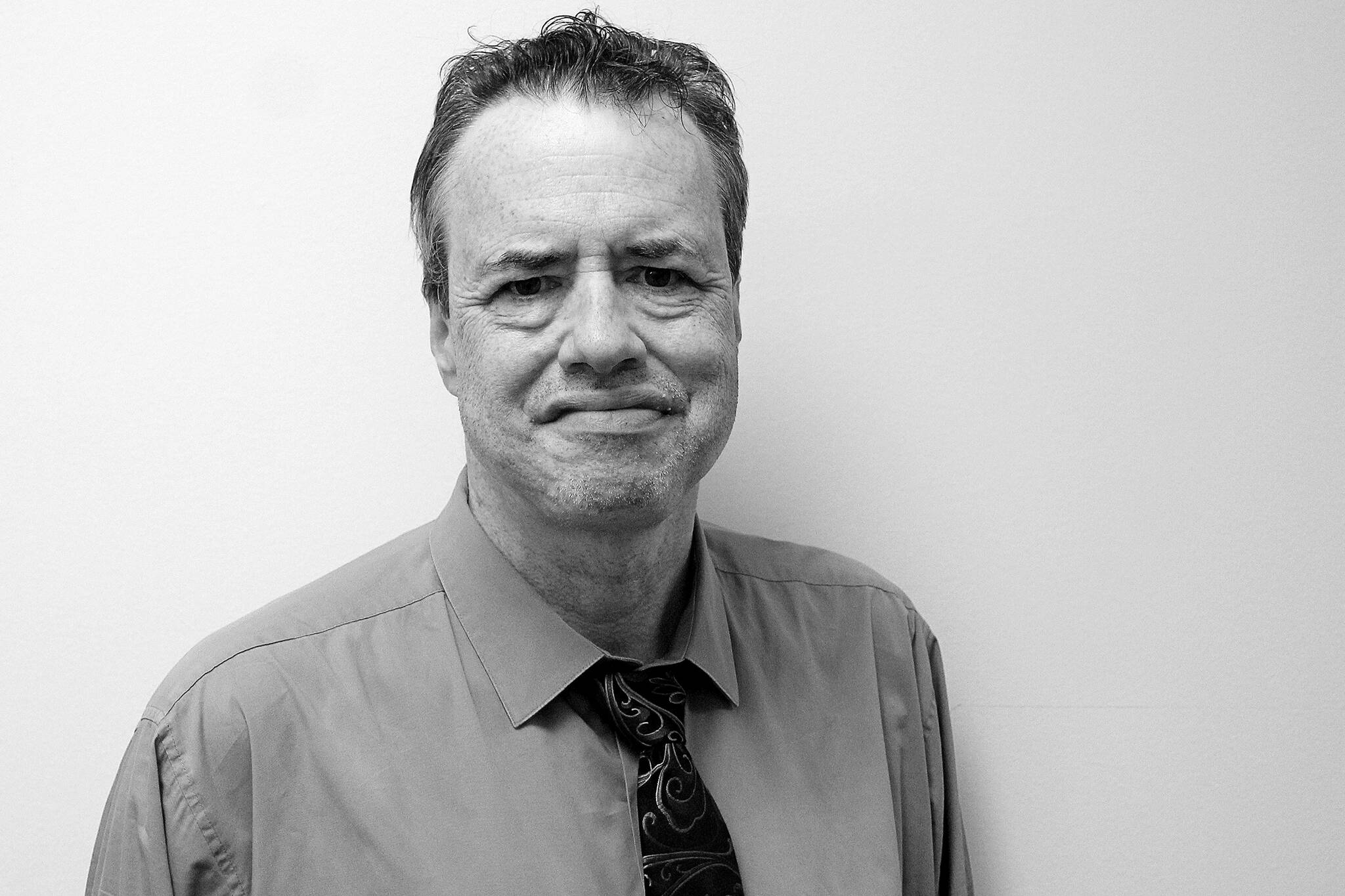We find them everywhere we turn.
People who blame all that’s gone south in their lives on someone or something outside of themselves that “done ‘em wrong.”
Wronged in that promotion she was owed and didn’t get because of the corrosive attitude she refuses to acknowledge; wronged in the job he lost because of that shady business about the money; wronged by a woman who turned him down for a date to which he’d felt entitled.
Victim energy is a powerful thing.
I’m sure we have all met chronic blame-shifters. And not only does the constant complaining and bitterness make them miserable so-and-sos to be around, there is also a price societies at large pay.
Of course, sometimes, “it” isn’t our fault and sometimes it is, and we must learn to distinguish between the two for the sake of our own well being and that of the world we live in.
But the more I look into the role victim energy has played in human affairs past and present, the greater my concern is that we haven’t paid it the attention it merits.
And we are wise to pay attention.
I say this because the simple phrase, “Not my fault,” can be habit forming. And by dint of long unchecked indulgence, the words can stiffen into a gumbo that fixes human beings in a state of perpetual victimhood, reducing them to living, breathing grievance machines.
When left unchecked, victim energy poisons all of us.
The far-fight nonsense that a shadowy, sinister cabal of pedophiles and Satan worshippers called The Deep State stole the 2020 election is pure victim energy, sharpened with more than a spritz of paranoia.
Ditto the nonsense from the far left that sifts every pronouncement for evidence to confer upon the sifter the sought-after status of victimhood, or prompts them to speak on behalf of other people and groups that didn’t ask for it.
Victimhood takes all sorts of forms. Some blame the alignment of the stars at their birth, as Edmund, the bastard son of Gloucester, explains in Act 1, Scene II of Shakespeare’s King Lear:
“This is the excellent foppery of the world that when we are sick in fortune — often the surfeit of our own behavior — we make guilty of our disasters the sun, the moon, and the stars, as if we were villains by necessity, fools by heavenly compulsion, knaves, thieves, and traitors by spherical predominance, drunkards, liars, and adulterers by an enforced obedience of planetary influence.”
Edmund is a villain, but he gets this right.
In a speech last week, Russian President Vladimir Putin blamed the West for the war in Ukraine, making his nation into the victim and not the aggressor, which it, and he, certainly are. Russia attacked.
Victim energy fueled the onset of World War II in Europe, resting on the German claim that it had lost World War I because Jews had stabbed Germany in the back. Up to his final moments in the Berlin bunker under the Reich Chancellery on April 30, 1945, Adolf Hitler blamed Jews for the war.
The attacks of 9/11 were also about victim energy, committed by fanatics who blamed the United States for all of the problems besetting the Middle East.
Mark David Chapman’s murder of John Lennon was likewise fueled by victim energy, laser focused on a man who had nothing to do with Chapman’s pathologies and inner demons.
Such is also the case of the man who beats his wife because “she made me do it.” My response to hearing about this despicable act of violence is always the same: no, she didn’t.
I don’t know what the solution is, but I suspect it lies within each one of us. I believe it starts in practicing simple honesty with ourselves. And if we catch ourselves fixating on others as the villains responsible for all of our own problems and those that beset the world at large, we need to change our ways. Tragedy is all too often the result of our own failure to do so.
Robert Whale can be reached at rwhale@soundpublishing.com.



